Trashing Four Generations of Palestinian Inheritance
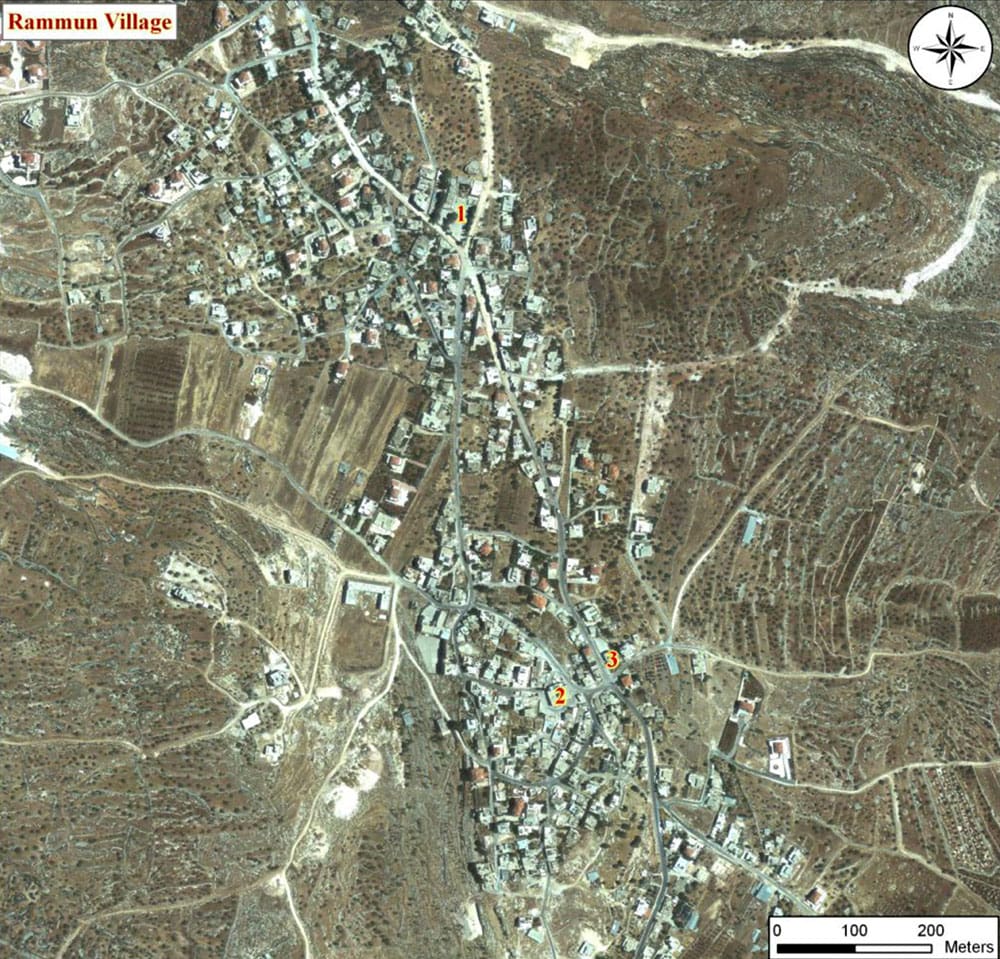
As Palestinians commemorate the 46th anniversary of Israel’s occupation on June 5th, the villagers of Rammun are particularly incensed – but their wrath is targeted primarily at the Palestinian Authority. They suspect it of complicity with the Israeli occupation in confiscating their ancestral lands for a trash landfill, just one outcome of the many decades of rights violations Palestinians everywhere experience. Al-Shabaka Policy Member Dina Omar tackles the issues.
The Price of Statelessness: Palestinian Refugees From Syria
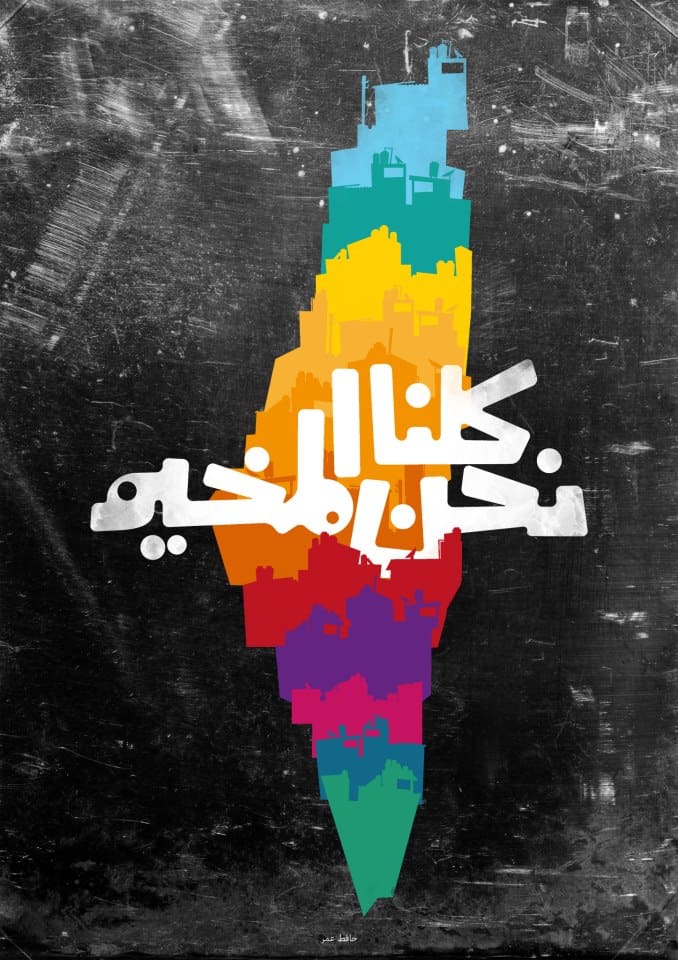
May 15, 2013, marks the 65th anniversary of the Nakba (catastrophe) when over 700,000 Palestinians fled or were expelled by Zionist forces. To this day, Palestinian refugees have far fewer rights than other refugees, including protection from forced return to conflict zones. Al-Shabaka guest author Rosemary Sayigh starkly describes the discrimination against Palestinian refugees fleeing from Syria to Lebanon (and Jordan) and urges international action to end these violations.
The Missing Narratives in Palestinian Schoolbooks
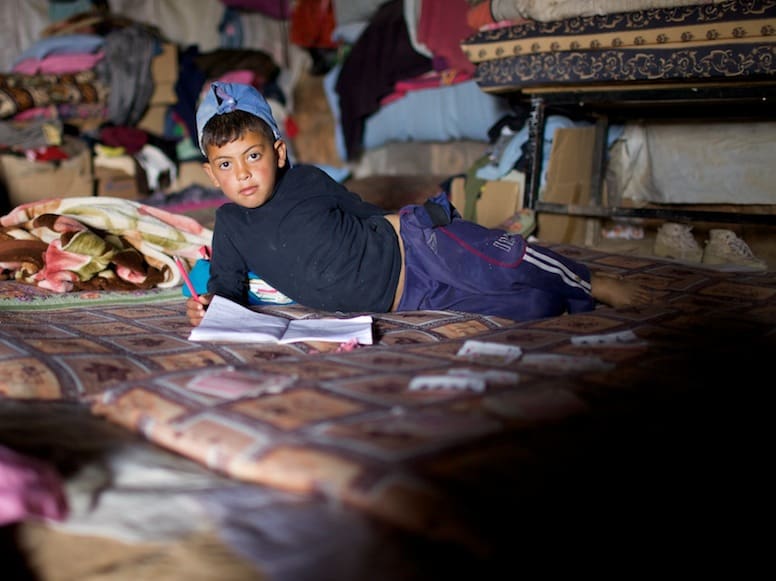
The highly politicized Israeli and Western scrutiny of Palestinian textbooks has seemingly led the Palestinian Authority to opt for a cursory discussion of the Nakba. Al-Shabaka policy member Zarefa Ali urges that refugee testimonies be incorporated into the curriculum and that it be overhauled to present the historical, critical and literary dimensions of the Nakba. Otherwise, she warns, the Palestinians risk raising entire generations ignorant of their own history.
PA Industrial Zones: Cementing Statehood or Occupation?
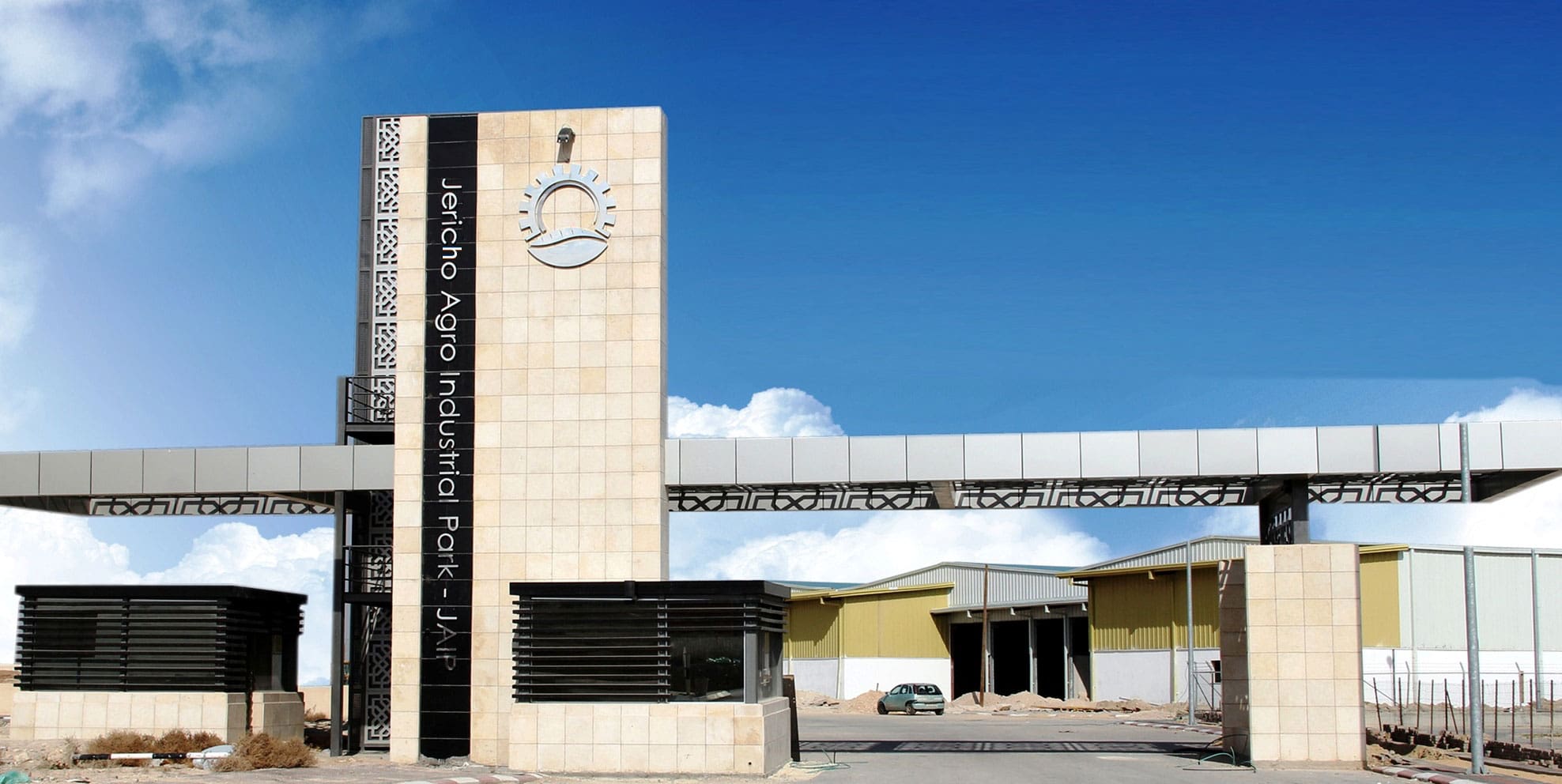
Industrial zones are criticized in the Arab region and beyond. The problem is much worse in the occupied Palestinian territory because the zones help Israel “normalize” its occupation, as Al-Shabaka Programme Director Alaa Tartir sets out in this trenchant commentary. He calls on the Palestinian youth movement and civil society to use the issue in a call for a completely different approach to development under occupation.
Reclaiming the Palestinian Narrative
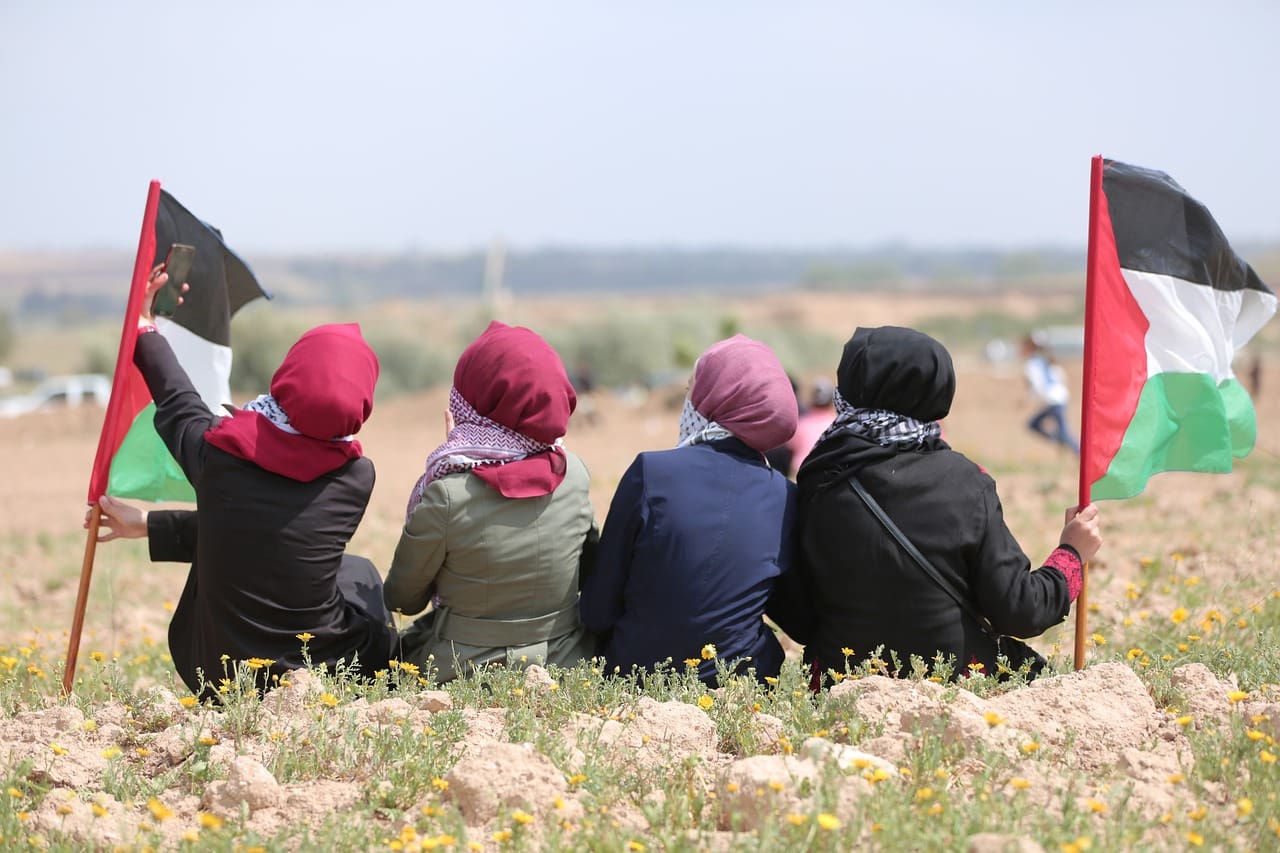
Will the Palestinians be written out of history? There is a serious danger that this may happen, writes Al-Shabaka Policy Advisor Jamil Hilal, who identifies five major misrepresentations of Palestinian history, geography and identity in the dominant discourse. He also discusses how Palestinians and their supporters must take hold of the way their story is told and reclaim their narrative.
Will the New Palestinians End Security Coordination?
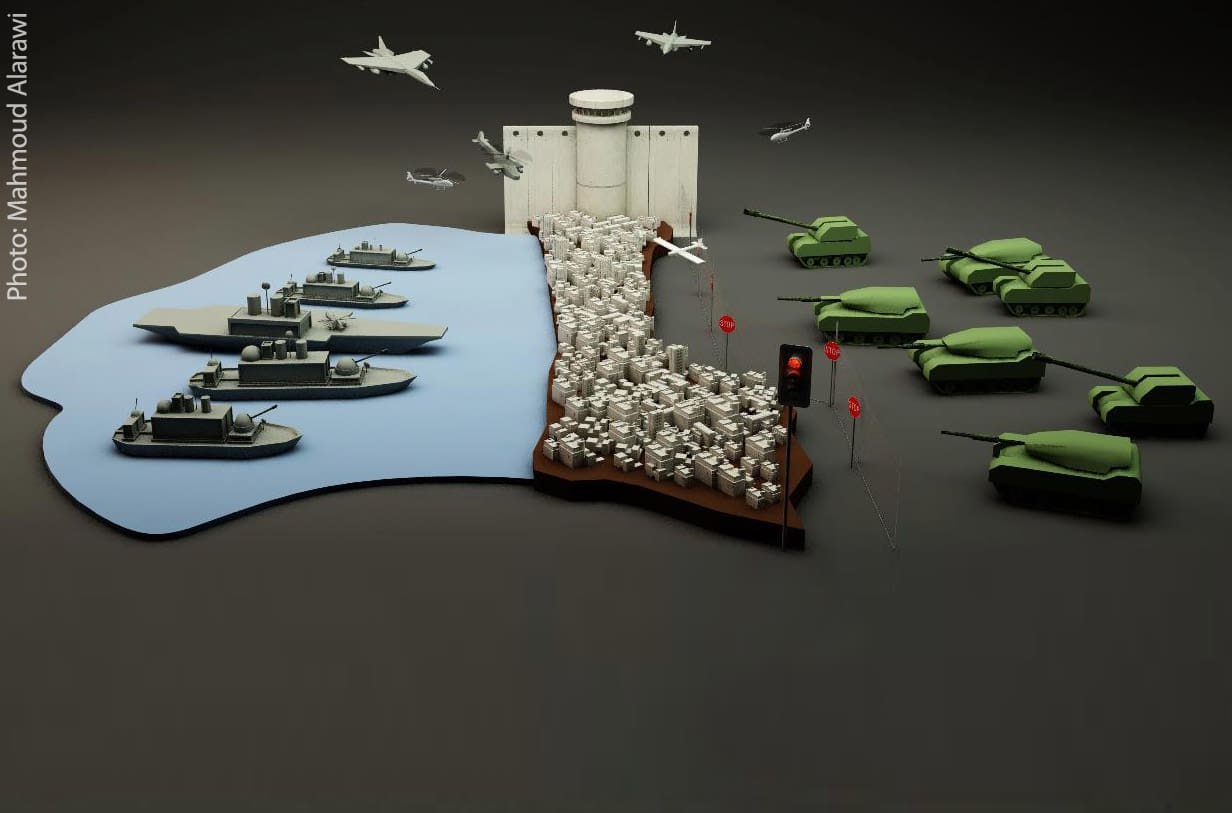
Most Palestinians saw Hamas’ steadfastness and ability to hit back during Israel’s November attack as a victory. But will they put it to good use, asks Al-Shabaka Policy Advisor Haidar Eid, by ending Palestinian security cooperation with Israel – an opportunity missed after Israel’s 2008-09 operation? He argues that no real reconciliation amongst Palestinian factions is possible in the shadow of such collaboration.
Reframing Palestinian Return: A New Al-Shabaka Policy Circle
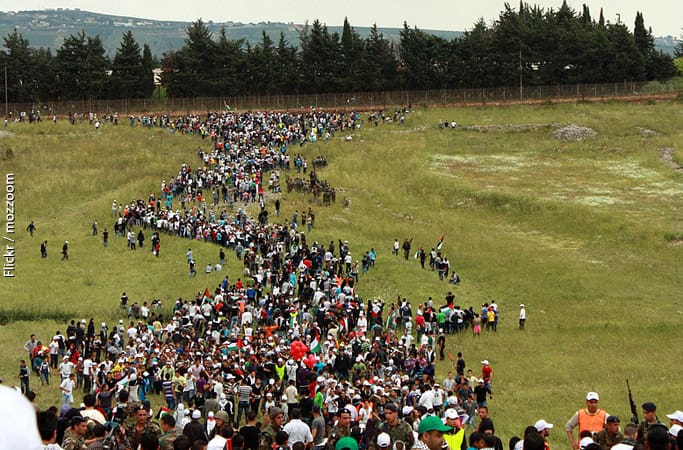
The Mahmoud Abbas who heads to the United Nations for non-member state status expressed willingness to give up his right of return. Not so the other Palestinian millions. Instead, as Al-Shabaka Policy Members Ahmad Barclay and Dena Qaddumi argue, the region’s upsurge in grassroots political movements offers an opening to view Palestinian return through the lens of decolonization and to go beyond the zero-sum logic of competing ethnic nationalisms. They will be launching Al-Shabaka’s first Policy Circle to develop this approach.
Gaza Fallout Weakens Israel, Strengthens Nationalists
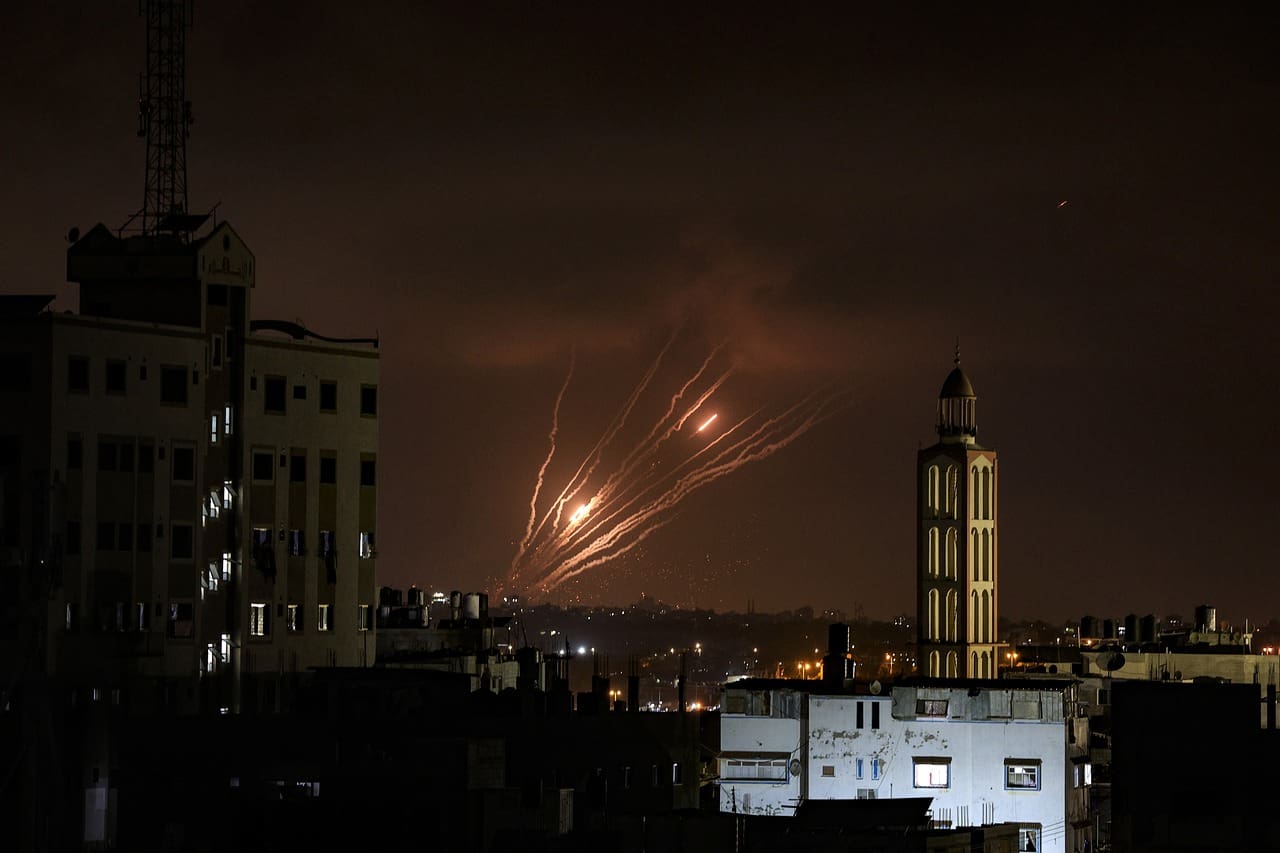
By pursuing military victory at any cost in the short term, Israel sets itself up for political failure in the longer-term, argues Al-Shabaka Director Nadia Hijab. In this compelling analysis, she discusses how Israel’s operation in Gaza has further eroded the political gains it secured from the Camp David and Oslo accords and has boxed in the Fatah-led Palestine Liberation Organization, among other repercussions for Israel’s ability to impose its will on the region.
Modest but Powerful Activism for Palestinian-Origin Jordanian Rights
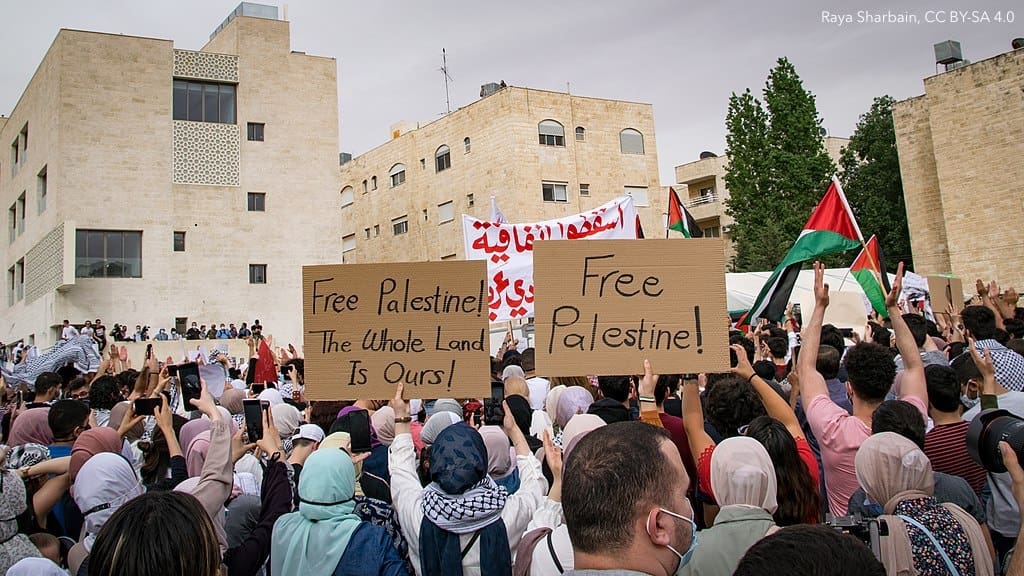
Palestinian-origin Jordanians are a large and increasingly marginalized community in Jordan, whose rights to education, nationality, and political participation have been eroded. Oraib Rantawi and Oroub el-Abed discuss initiatives by Palestinian-origin Jordanians for equal rights – and responsibilities – in the Kingdom, as part of a growing movement for citizens’ rights energized by the Arab uprisings.






